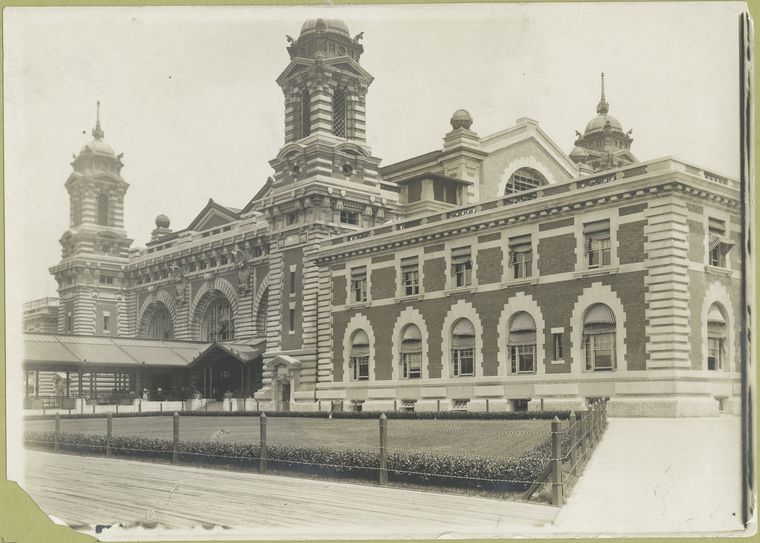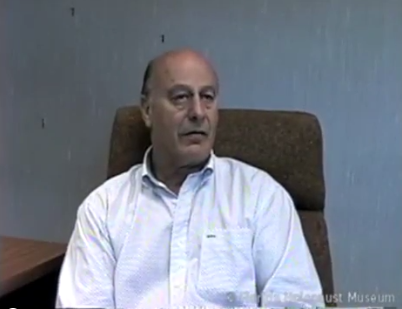The Florida Holocaust Museum Authors IWitness Activity on Holocaust Refugees

 Walter Loebenberg
Walter LoebenbergContinuing its partnership with USC Shoah Foundation, The Florida Holocaust Museum (FHM) education staff have authored an IWitness activity introducing students to the challenges faced by Holocaust refugees, titled “Walter Loebenberg: Refugee Experiences During the Holocaust.”
The activity was published earlier this month, about seven months after 25 testimonies of Holocaust survivors recorded by The FHM beginning in the mid-1990s were fully indexed, integrated and preserved in USC Shoah Foundation’s Visual History Archive.
The activity was written by The FHM’s Curator of Education and Director of Research Urszula Szczepinska. When the museum was given the opportunity to author its own IWitness activity through its partnership with USC Shoah Foundation, she chose to draw students’ attention to the plight of refugees during the Holocaust who were in desperate need of shelter – and in doing so, also encourage them to connect these stories to the current refugee crisis around the world.
The activity includes biographical information and testimony clips of Walter Loebenberg, Holocaust survivor and founder of The FHM. His full testimony is now available to view in the Visual History Archive’s FHM collection and IWitness.
“This activity provides a glimpse of the challenges refugees face when making the decision to leave their country, and the consequences this decision has for those involved,” Szczepinska said. “Walter’s story is very powerful – in the clips I chose for the activity, we see how innocent people were uprooted from their homes by persecution, forced to abandon their lives and to face the unknown in search of help.”
 Urszula Szczepinska
Urszula SzczepinskaStudents learn the definition of “refugee” and read about the life of Walter Loebenberg. They watch several clips from his testimony and then create a word cloud about the themes and experiences they heard in the clips.
The FHM will host its first IWitness educator training featuring the new activity in Pinellas County on October 19, and in West Palm Beach on December 16.
Szczepinska called IWitness an “amazing” educational tool and praised its various activities and wide-ranging content that can be applied to a variety of standards and grade levels. IWitness not only helps students and educators process the content of the testimonies, she said – it also illustrates how historical events affect real people.
“Students learn that our words and actions matter and that we each have a choice how to treat others, whether they live next door or thousands of miles away,” she said.
The opportunity to publish an activity on IWitness came at an especially poignant time, as The FHM celebrates its 25th anniversary this year. Loebenberg himself has seen the activity featuring his testimony, Szczepinska said, and is impressed that it will help educate students in Florida and beyond.
"Holocaust history is relevant to every human being and we can draw important lessons from it," Szczepinska said. "The Holocaust was designed and carried out by human beings against their fellow humans. We have seen so many examples of other genocides and human rights violations since then. We need to learn to recognize the humanity of every person, regardless of our differences."
IWitness, and the Walter Loebenberg activity, can help students actively engage in this learning process.
“I hope students learn that behind every statistic, every newspaper headline regarding refugees, there are individual lives,” she said. “And we need to remind ourselves that it’s not the first time refugees need our help or at least compassion. We need to learn from the past in order to create a safer world for the next generations.”